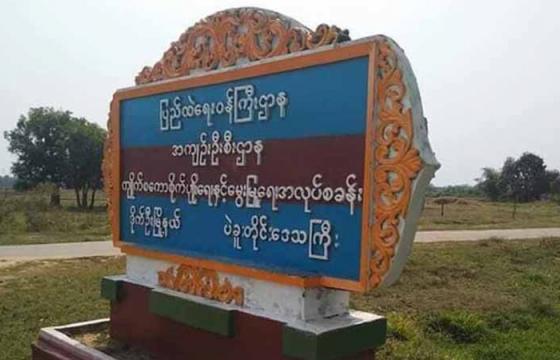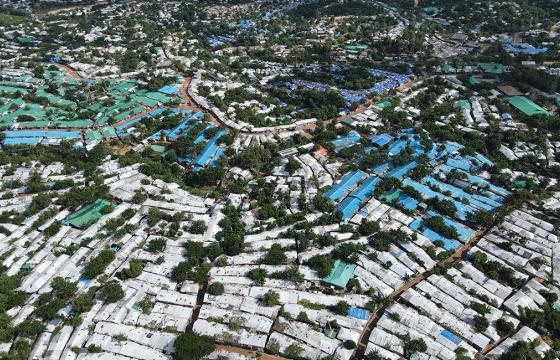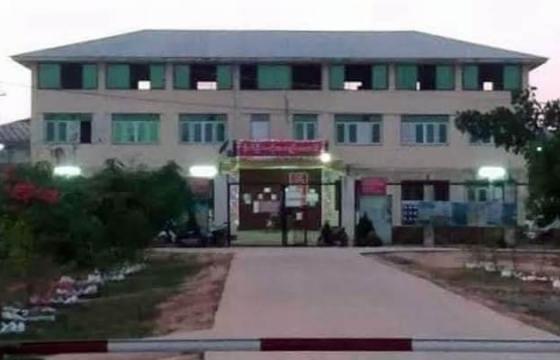Heavy monsoon rains in the Teknaf region of Bangladesh have caused widespread destruction and misery for thousands of Rohingyas in Leda and Kutupalong makeshift camps who are also facing food shortages, according to Salim, a Leda Camp refugee leader.
The Leda makeshift camp has 13,000 refugees and about 50,000 refugees live in Kutupalong makeshift camp.
The refugees have been struggling to keep themselves safe from the torrential rain. Despite their efforts, many roofs have been torn and the refugees are facing many difficulties.
Food shortages in the camps have also meant that the Muslim Rohingya, who are fasting for Ramadan, are without food or clean water.
During the flood and heavy rains, refugees are unable to leave the camps to go and work, which is making survival even harder for them, said Anas a refugee from Kutupalong makeshift camp.
Anas also said that in the area of Cox’s Bazar vegetable fields, paddy seedlings and houses have been washed away and destroyed by heavy rains and flooding. As a result, Rohingya refugees can find no work in the area and are facing difficulties and hardships on supporting their family members.
Previously Muslim Aids UK had been providing basic medical treatment and a hygiene programme to the refugees in Leda Camp, but they had to leave the camp after their memorandum of understanding (MoU) expired, so now, there is no one supplying the refugees with rations.
The NGO, the Institute of Migration (IOM) has occasionally worked in the Leda camp, but they are not providing constant help.
Without more consistent and stable aid in the Rohingya camps the worsening monsoon rains and the onset of a severe food shortage will put many lives at risk.
Edited in English by Mark Inkey for BNI







